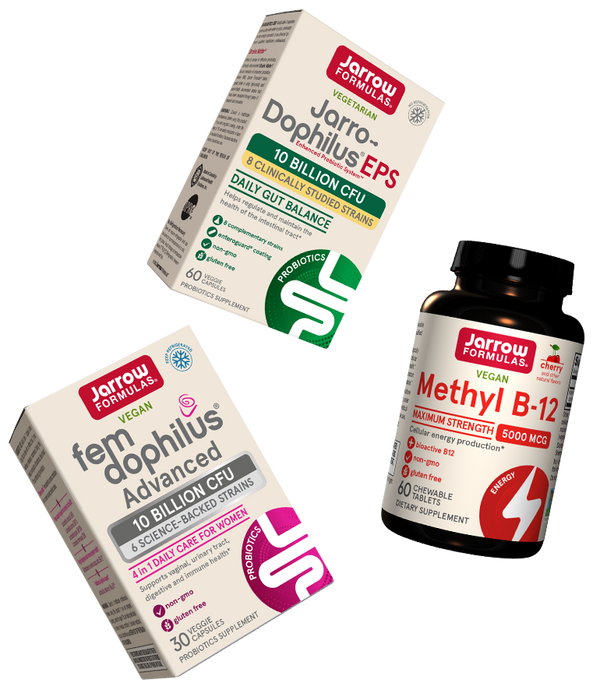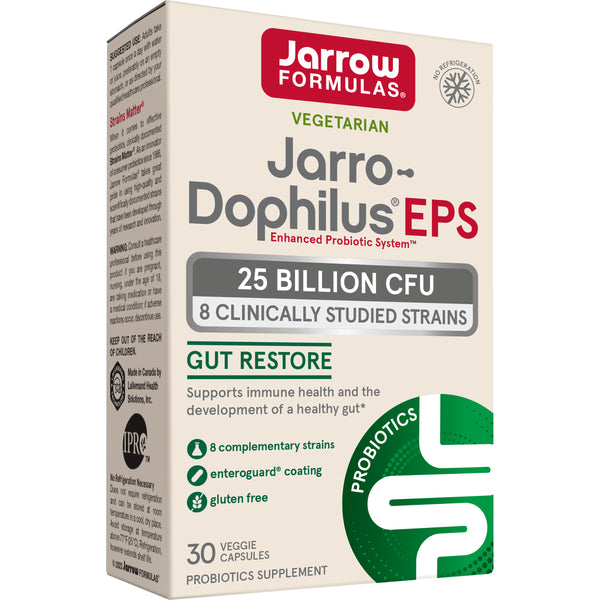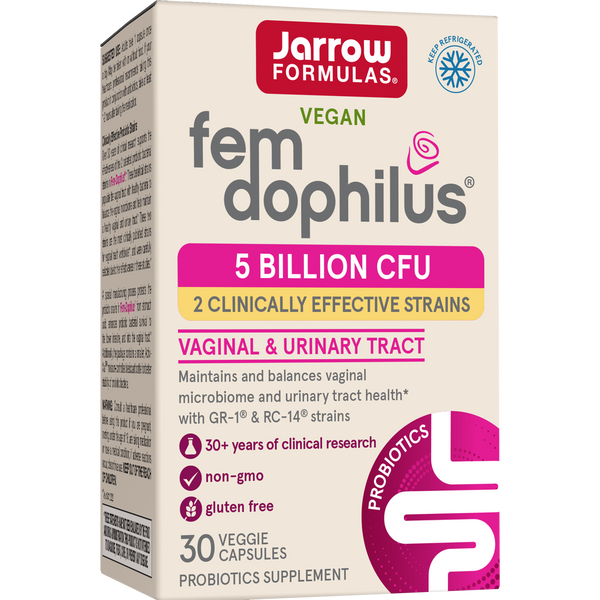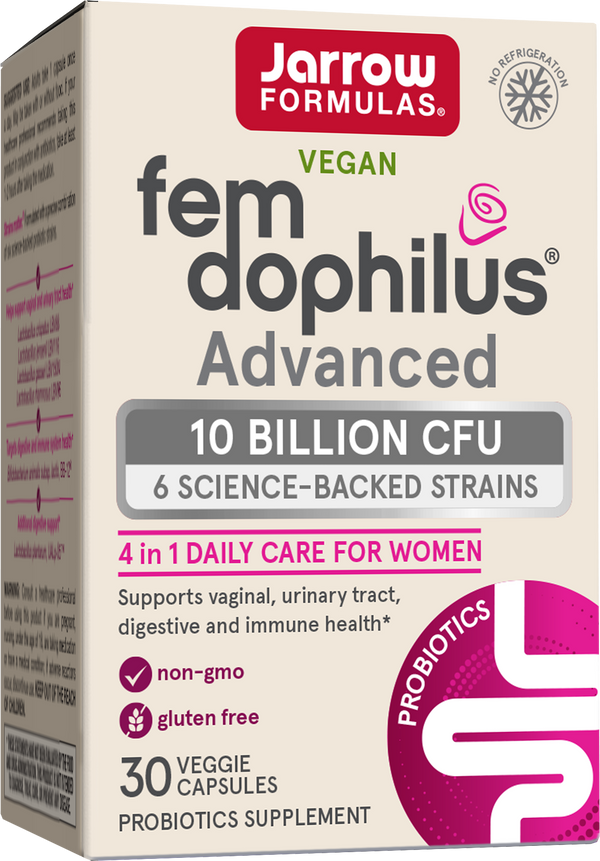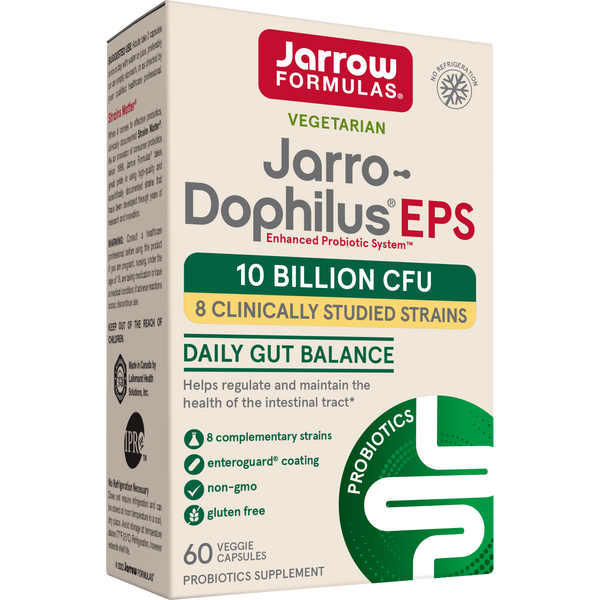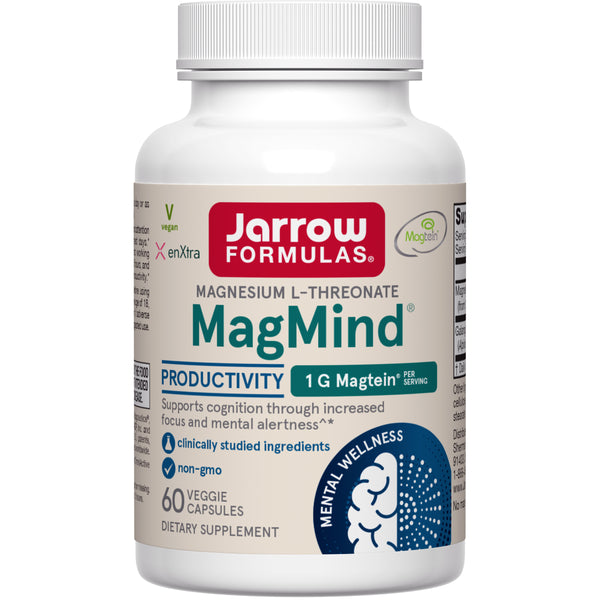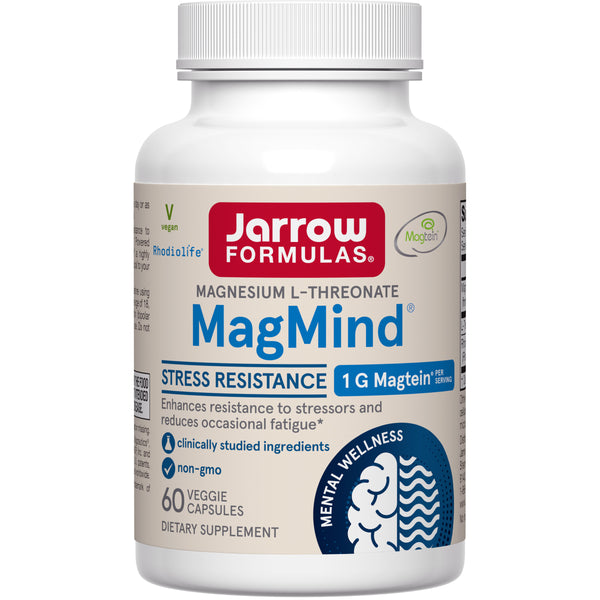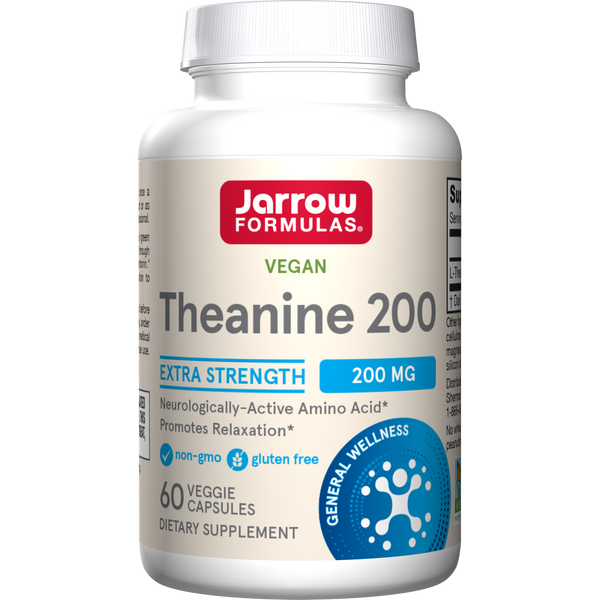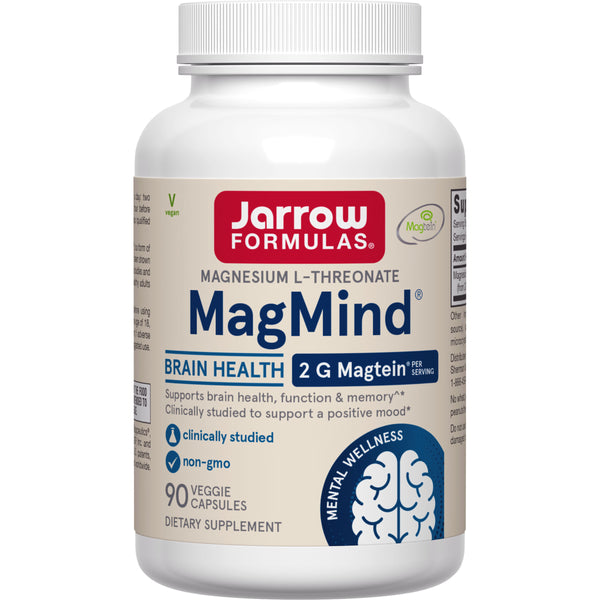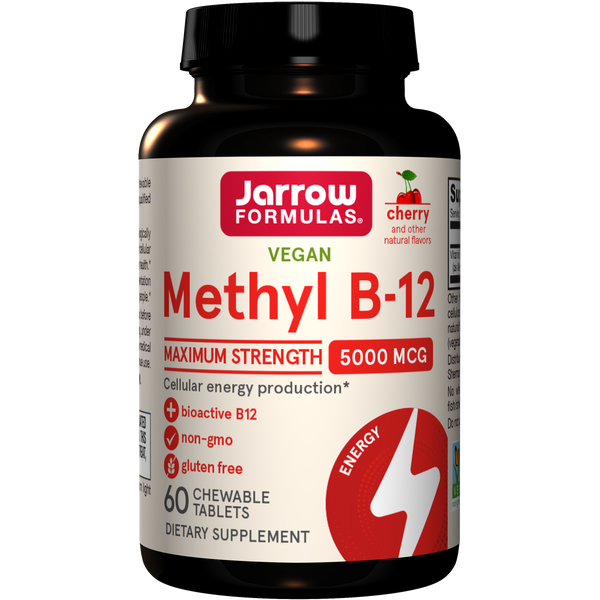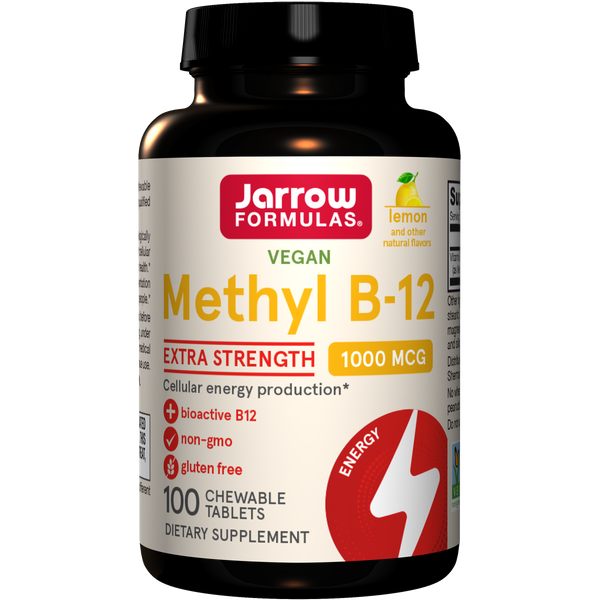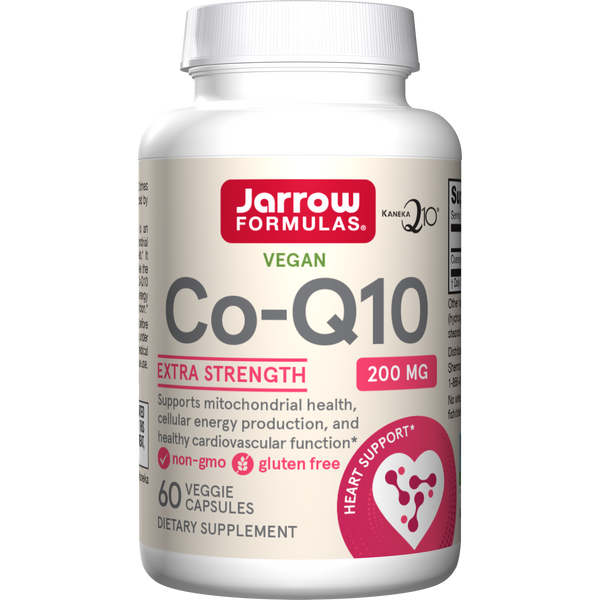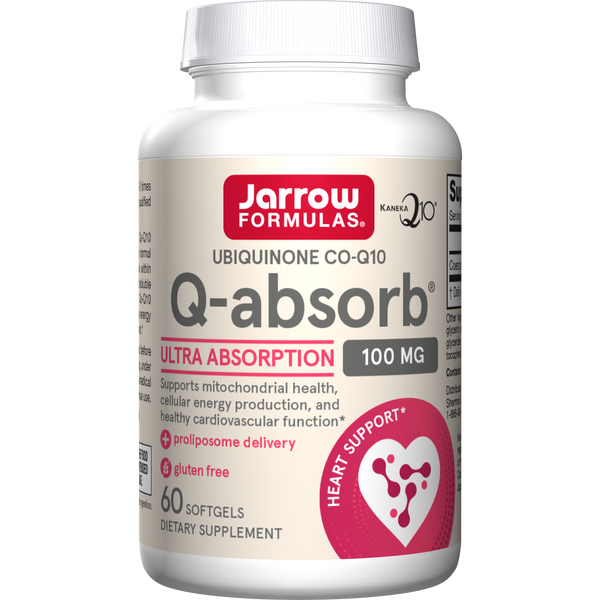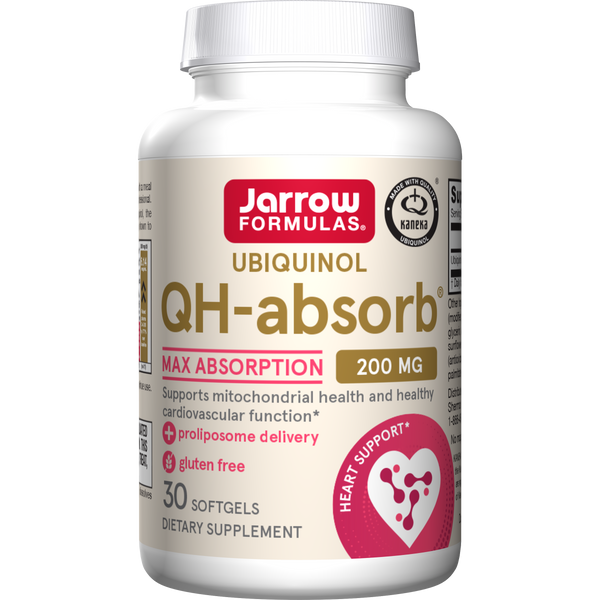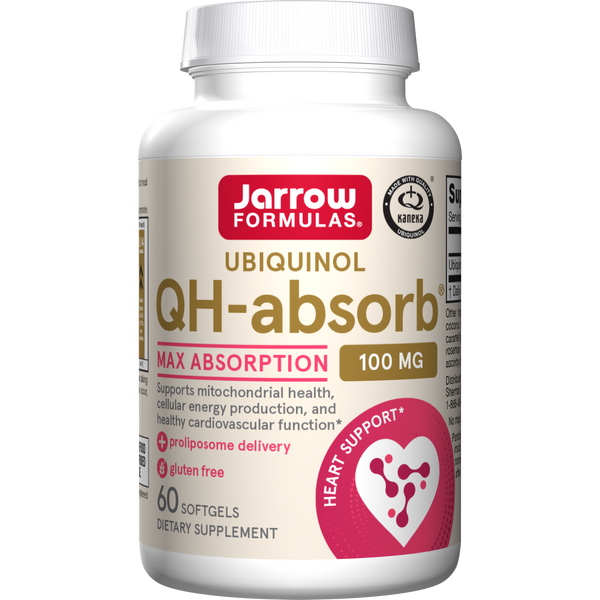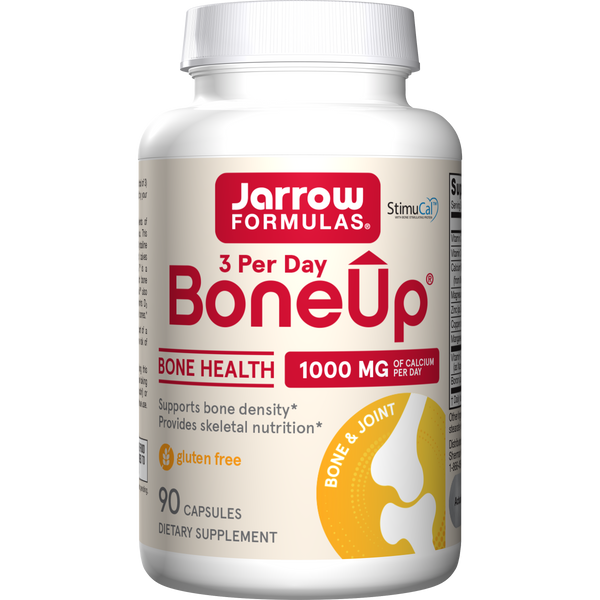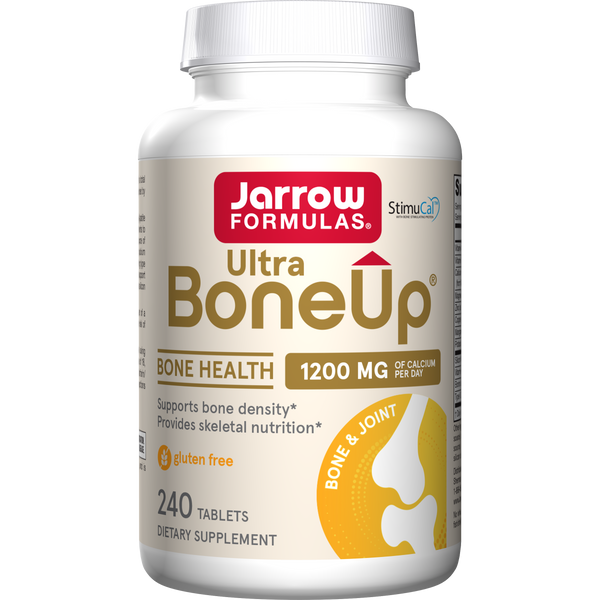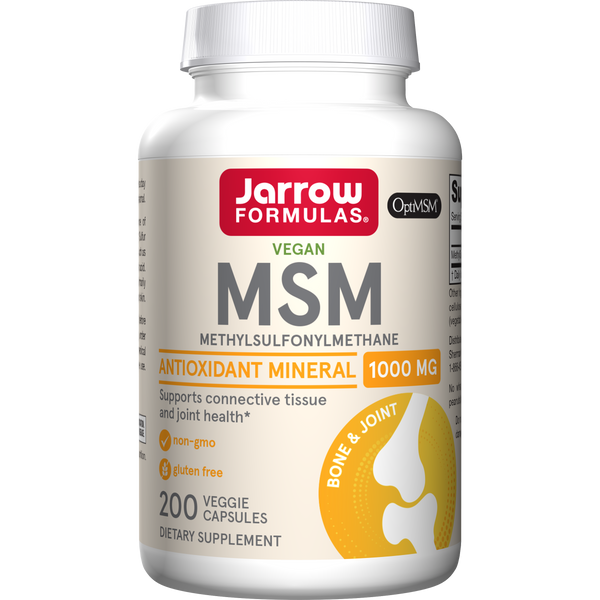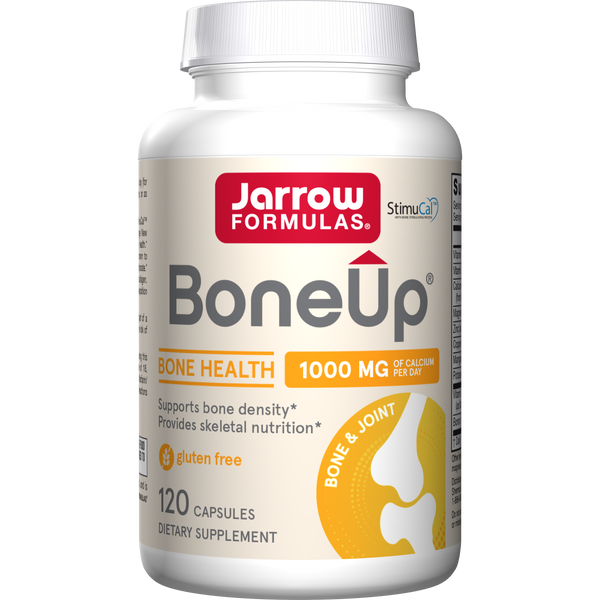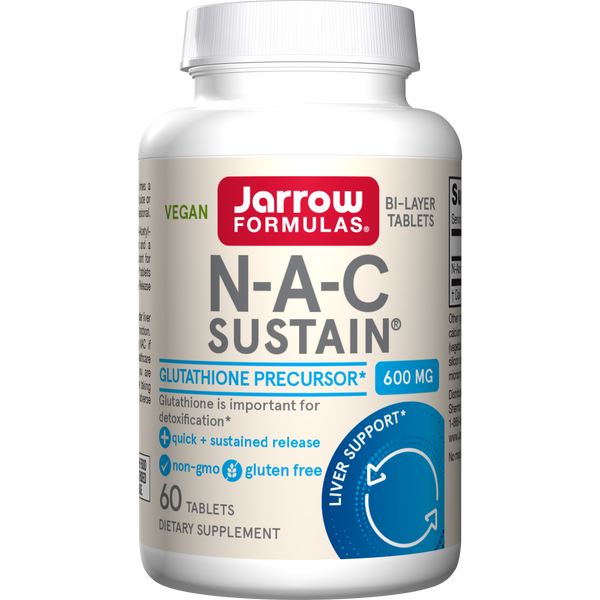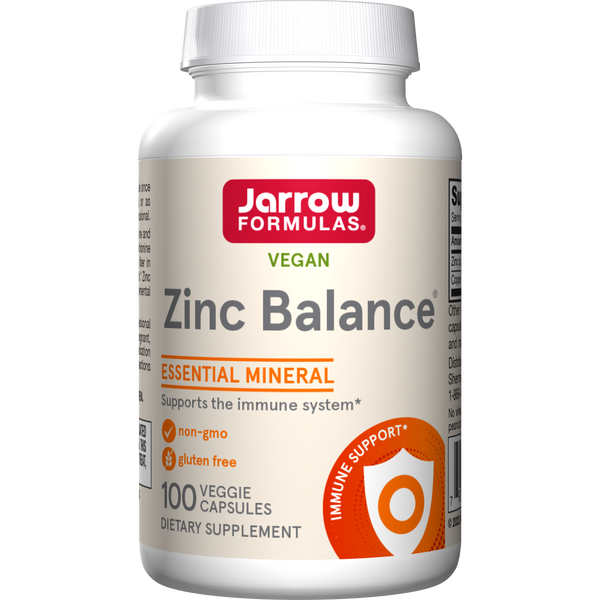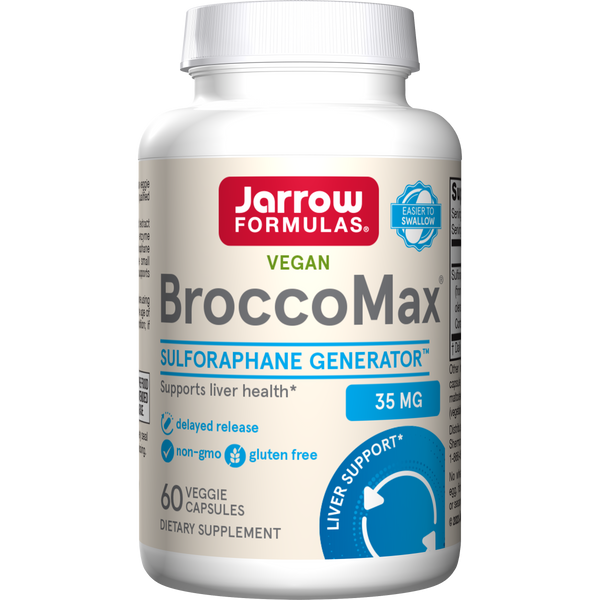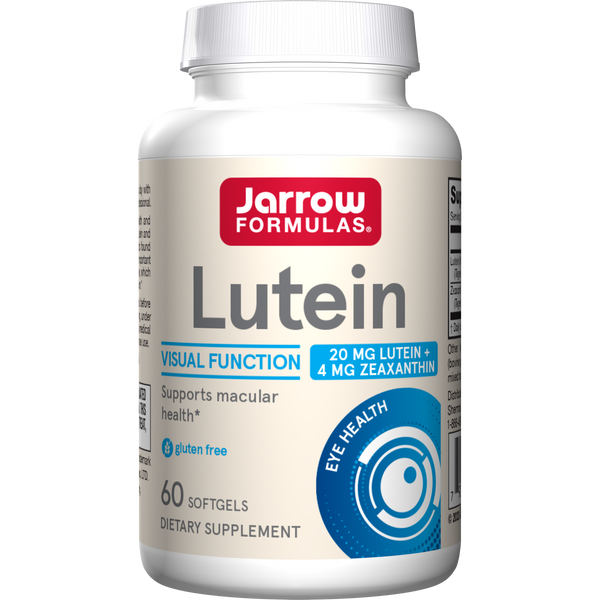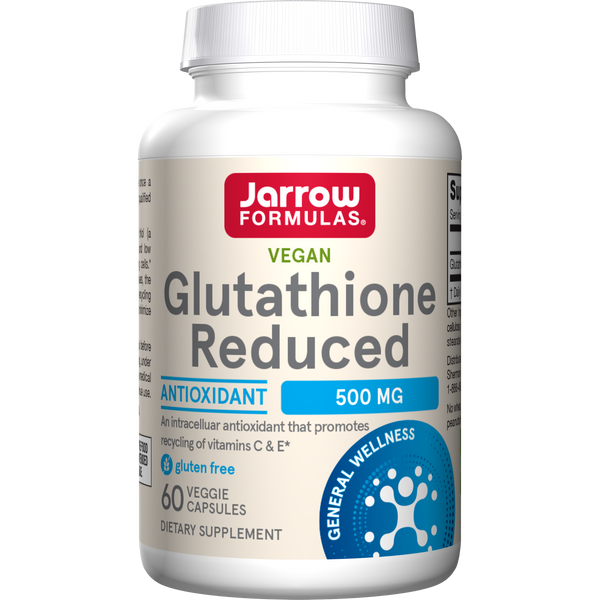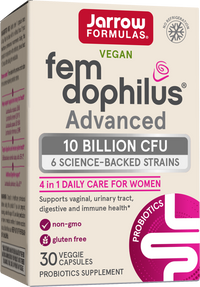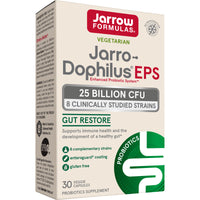Curcumin Reduces Liver Fat in Human Study
By Thomas A. Bowman, PhD
The list of beneficial health effects of curcumin, an extract of a spice commonly found in Indian cuisine, appears to be getting longer. Traditionally, Curcumin has been consumed for more than 1,000 years; and clinical research over the past 4 decades supports use of curcumin for joint health, for protection of cells from reactive oxygen and free radicals, and for a healthy normal inflammatory response. A new clinical study published this year has found that supplementation with curcumin supports healthy livers and decreases liver fat.1*
Curcumin is an extract from turmeric (curcuma longa), a perennial spice plant related to ginger. Turmeric is called the "golden spice" for its yellow color and is used in foods such as curry. There is not very much curcumin in turmeric; generally, less than 5% of turmeric contains bioactive curcumin. Consequently, the whole spice will not achieve the many health benefits of curcumin. This is why for two centuries people have been taking concentrated curcumin extract.
The new study described below shows that curcumin improves liver health and reduces liver fat. When it comes to fat in the liver, less is best. Liver function can deteriorate if there is too much fat.* For this reason, overweight people need to be especially careful to prevent too much liver fat.* Overweight people tend to produce more liver fat, especially individuals with more abdominal fat.
Recent research has begun to reveal the mechanism by which curcumin has its health-promoting effects. There has been accumulating data indicating that the liver may be the central organ regulating these effects. Curcumin is known to be a strong antioxidant. Additionally, curcumin was found to increase the action of a liver enzyme2 with two major effects: 1) the elimination of cholesterol from the body and 2) an increase in the body's metabolic rate.*
New Study: Curcumin Reduces Liver Fat
These intriguing actions of curcumin on cholesterol reduction and increased metabolism set the stage for this clinical study of the effects of curcumin on liver health. In a blinded placebo-controlled study of clinical men and women with liver fat, subjects consumed either 1000 mg per day of a curcumin phytosome formulation (Meriva®) or placebo for eight weeks. Then these 44 clinical subjects taking curcumin and 43 taking placebo were analyzed with body and liver function measurements and ultrasound liver evaluation of fat content, liver size and the diameter of the portal vein (a major liver blood vessel).1*
Curcumin supplemented individuals after eight weeks (compared to placebo and compared to before supplementation) had decreased BMI, waist circumference, and blood markers of liver function (ALT AST, and total bilirubin). Ultrasound measurements showed that compared to placebo, subjects taking curcumin for eight weeks had improved portal vein flow velocity, decreased portal vein diameter, decreased liver size and decreased grading of liver fat content. All of these measurements point to improved liver functional status.1*
Meriva® Curcumin is available as a dietary supplement from Jarrow Formulas Inc. in both 60 and 120 count bottles providing 500mg of Curcumin Complex in each veggie cap.
The Function of the Liver
As one of the largest organs in the body, the liver has many jobs. Blood vessels connect the liver to the intestines, since the liver is the first organ to process foods absorbed by the intestines. The liver regulates blood sugar and insulin levels. Sugars are stored in the liver as a glucose polymer, glycogen. Overnight, the liver breaks down glycogen to provide blood glucose for the body to stay alive. The liver also stores vitamins and minerals and will package and release them into the blood when needed. The liver also produces most blood proteins. The liver, as a nutrient sensor, produces a hormone, called FGF21, which increases the body's metabolic rate.
The liver breaks down unwanted substances in your body and from your diet, including cholesterol, fats, proteins and other nutrients, but also unnatural substances like chemicals, drugs, alcohols and other toxins. The process of metabolism, called oxidation, is when substances are broken down, which produces metabolites and energy. The body eliminates these metabolites through the kidneys as urine, or through the liver's bile duct into the intestines. The liver both produces and eliminates cholesterol and fat. The liver eliminates cholesterol by producing bile.
